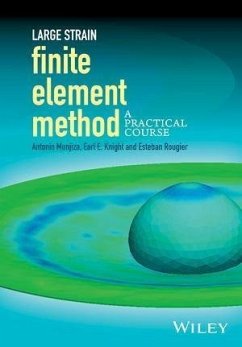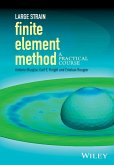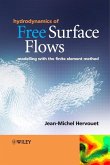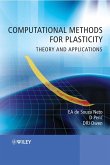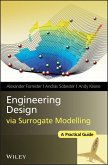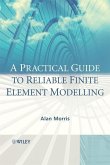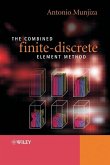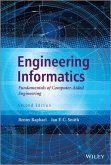An introductory approach to the subject of large strains and large displacements in finite elements.
Large Strain Finite Element Method: A Practical Course, takes an introductory approach to the subject of large strains and large displacements in finite elements and starts from the basic concepts of finite strain deformability, including finite rotations and finite displacements. The necessary elements of vector analysis and tensorial calculus on the lines of modern understanding of the concept of tensor will also be introduced.
This book explains how tensors and vectors can be described using matrices and also introduces different stress and strain tensors. Building on these, step by step finite element techniques for both hyper and hypo-elastic approach will be considered.
Material models including isotropic, unisotropic, plastic and viscoplastic materials will be independently discussed to facilitate clarity and ease of learning. Elements of transient dynamics will also be covered and key explicit and iterative solvers including the direct numerical integration, relaxation techniques and conjugate gradient method will also be explored.
This book contains a large number of easy to follow illustrations, examples and source code details that facilitate both reading and understanding.
Large Strain Finite Element Method: A Practical Course, takes an introductory approach to the subject of large strains and large displacements in finite elements and starts from the basic concepts of finite strain deformability, including finite rotations and finite displacements. The necessary elements of vector analysis and tensorial calculus on the lines of modern understanding of the concept of tensor will also be introduced.
This book explains how tensors and vectors can be described using matrices and also introduces different stress and strain tensors. Building on these, step by step finite element techniques for both hyper and hypo-elastic approach will be considered.
Material models including isotropic, unisotropic, plastic and viscoplastic materials will be independently discussed to facilitate clarity and ease of learning. Elements of transient dynamics will also be covered and key explicit and iterative solvers including the direct numerical integration, relaxation techniques and conjugate gradient method will also be explored.
This book contains a large number of easy to follow illustrations, examples and source code details that facilitate both reading and understanding.
- Takes an introductory approach to the subject of large strains and large displacements in finite elements. No prior knowledge of the subject is required.
- Discusses computational methods and algorithms to tackle large strains and teaches the basic knowledge required to be able to critically gauge the results of computational models.
- Contains a large number of easy to follow illustrations, examples and source code details.
- Accompanied by a website hosting code examples.
Dieser Download kann aus rechtlichen Gründen nur mit Rechnungsadresse in D ausgeliefert werden.

